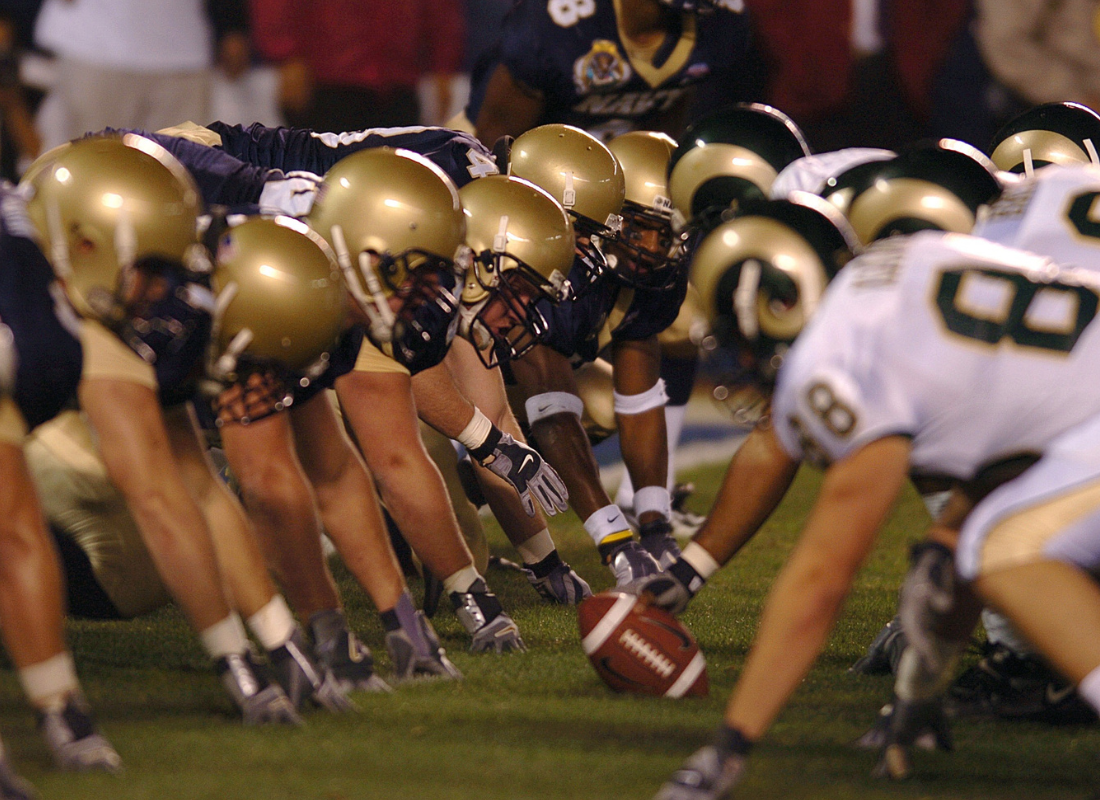What A Collegiate Athletics LLC Could Mean for the Future of College Sports
Originally published on May 16, 2025
The University of Kentucky’s announcement that it is spinning off its athletic department into a limited liability company (LLC) has sparked questions across the country: What does this mean? Is this a new trend? And how will it affect college athletic departments, especially in a time when revenue sharing, NIL and IRS scrutiny are all accelerating?
While we don’t know the full details of Kentucky’s specific collegiate athletics LLC structure, the move is a noteworthy signal of how athletic departments might evolve to meet the growing complexity of college sports finance.
Here’s a plain-language breakdown for athletics administrators on what these terms mean — and why this shift could matter for your institution.
Why Form a Collegiate Athletics LLC?
An LLC is a type of legal entity often used in the business world because it offers flexibility, liability protection and favorable tax options. For athletic departments, forming an LLC allows a university to reclassify some of its operations to a separate entity. This means:
- A collegiate athletics LLC would generally be subject to federal and state income taxes unless it qualifies as a passthrough entity (in which the profits and losses are reported on the owner’s return).
- The university can isolate its commercial activities — like media rights, sponsorships, future revenue streams and revenue share payments — from its core educational mission.
This separation is sometimes referred to as “ring-fencing,” a strategy to keep commercial income distinct from a nonprofit’s operations. This limits risk to the overall university and reduces exposure to unrelated business income tax (UBIT) and private benefits.
What Is UBIT and Private Benefit, and Why Do They Matter?
UBIT applies when a nonprofit earns income from business activities that are not substantially related to its exempt educational or charitable mission. While college athletics have long existed in a tax-exempt gray zone, the growing commercial nature of athletics has raised questions about whether some of that income should be taxed.
Private benefit is a related concept that refers to when a tax-exempt organization uses its resources in a way that unfairly benefits private individuals or entities. This is strictly limited under IRS rules. In the context of college athletics, revenue sharing with athletes— depending on how it’s structured—could raise private benefit concerns if the payments are seen as excessive or not tied to a charitable purpose.
By creating a collegiate athletics LLC to handle these more commercial (and potentially taxable) operations, a university might be able to reduce its exposure to both UBIT and private benefit scrutiny. Separating these activities can help preserve the tax-exempt status of the broader institution while still allowing it to participate in the changing landscape of college sports.
Disregarded Entity vs. Public Entity vs. Private Corporation: What’s the Difference?
You may hear terms like disregarded entity, public entity or private corporation thrown around in media coverage.
- A disregarded entity is an LLC that is 100% owned by one organization (like a university) and is ignored for federal income tax purposes. The IRS treats it as part of the owner.
- A public entity usually refers to a government-owned institution, like a public university.
- A private corporation is a for-profit business not owned by the government.
Even if a public university forms a collegiate athletics LLC, the IRS might still treat it as part of the university unless it’s truly operating like a for-profit business. That’s why structure and operations matter.
If an LLC is not 100% owned by the university — meaning it has other owners such as private investors or third-party entities — it will not be considered a disregarded entity. In that case, it would be treated as either a partnership or a corporation for tax purposes, depending on elections made. This would increase the likelihood that the LLC’s income is fully taxable and separate from the university’s tax-exempt activities, and it would bring additional complexity in maintaining the university’s overall nonprofit status.
Will the LLC Be Taxed? It Depends.
Just because an LLC is taxable doesn’t mean it will owe a lot in taxes. The amount of taxable income depends on how much revenue is reinvested in legitimate, deductible business expenses. These could include:
- Athlete revenue share payments
- Staff salaries and benefits
- Facility maintenance and improvements
The more income is spent on these activities, the less will be left over as taxable profit.
Will the University Be Taxed? That Also Depends.
If a collegiate athletics LLC is structured as a disregarded entity for tax purposes, the IRS will treat its activities as part of the university for tax purposes. However, even though the university is tax-exempt, any unrelated business income generated by the LLC could still be subject to UBIT.
If the LLC is structured to be taxed as a separate corporation, the LLC itself would pay taxes on its income, while the university could maintain its broader tax-exempt status. This structure would help further shield the university’s nonprofit operations from commercial risk. However, it also means the university must be careful in managing how income flows between the LLC and the university to avoid jeopardizing its tax-exempt classification.
Ultimately, whether and how much the university is taxed will depend on:
- The specific legal structure and tax election of the collegiate athletics LLC
- The type of income the LLC generates
- How the income is used or reinvested
- Whether the LLC is wholly owned by the university or has outside ownership interests.
Will Donations Still Be Tax Exempt?
Donations made directly to the university’s main, tax-exempt entity (such as its general university fund or separate foundation) should generally remain tax-deductible for donors. However, donations directed to the new LLC itself may not qualify for a charitable deduction if the LLC is treated as a taxable, for-profit entity.
This distinction is critical; if the collegiate athletics LLC operates as a separate for-profit business, it cannot offer donors the same tax benefits that a 501(c)(3) organization can. Universities will need to be very clear with donors about where their contributions are going to ensure there’s no confusion about the deductibility of gifts.
What Else Does a Collegiate Athletics LLC Offer?
Beyond tax strategy, the LLC structure offers:
- Legal separation of high-risk commercial activity from the university’s nonprofit operations
- More flexibility in entering contracts with third parties
- Potential confidentiality advantages (depending on state public records laws), offering greater privacy around contracts, compensation and business activities
- An entry point for private capital, allowing strategic investment or partnerships (including with private equity firms) where permitted, as athletic departments seek new funding models
- A future-ready framework to manage athlete revenue share or employment if it becomes required by law.
Looking Ahead
Whether or not this model becomes the norm, it clearly represents a strategic shift. Athletic departments that explore LLC structures now may be positioning themselves to navigate revenue share-era realities with greater flexibility and compliance confidence.
That said, being strategic and proactive is smart — but only if it’s grounded in long-term thinking, not just chasing trend. Don’t jump on the collegiate athletics LLC bandwagon simply because another school made headlines doing it. Take the time to build a thoughtful strategy that fits in your institution’s unique goals and risks. And above all, avoid making reactive decisions today that could become someone else’s problem tomorrow.
As with any structural changes, its essential to consult with legal and tax advisors (especially ) to ensure compliance with IRS rules and state laws. But for many, this could be the beginning of a new chapter in how college athletics does business.
All content provided in this article is for informational purposes only. Matters discussed in this article are subject to change. For up-to-date information on this subject please contact a James Moore professional. James Moore will not be held responsible for any claim, loss, damage or inconvenience caused as a result of any information within these pages or any information accessed through this site.
Other Posts You Might Like

